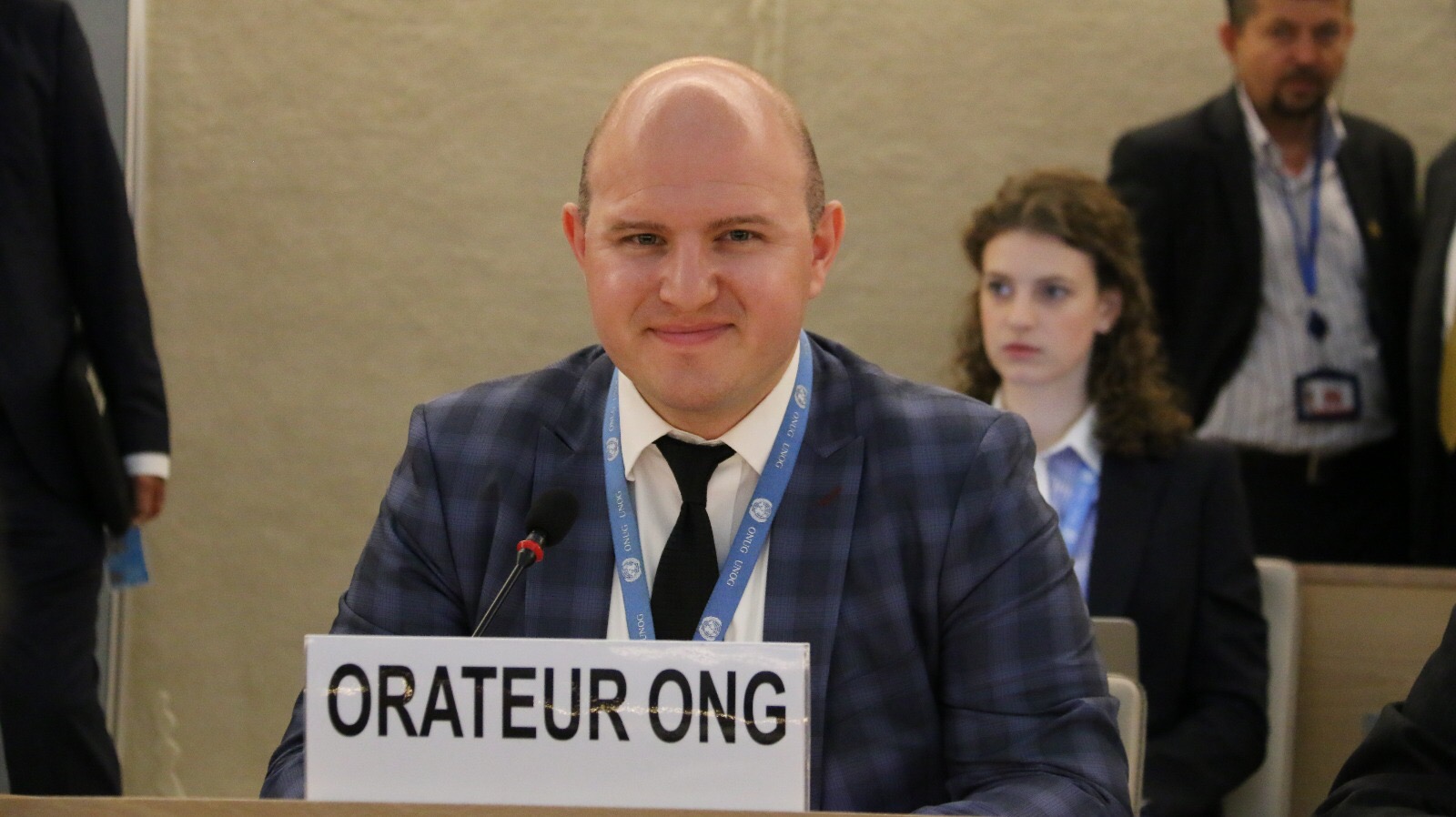On Wednesday 12 September at the 39th session of the United Nations Human Rights Council, Americans for Democracy in Bahrain (ADHRB) delivered an oral intervention during the Item 3 Interactive Dialogue with the Working Group on the use of mercenaries. In the intervention, ADHRB raised the issue of sectarian discrimination and foreign recruitment in Bahrain’s security forces, highlighting institutionalized religious discrimination against the indigenous Shia Baharna majority of Bahrain. The intervention also called attention to the recruitment of foreign personnel for the security forces and the government’s offers to expedite citizenship for foreign personnel. Continue reading for the text of the intervention, or click here for a PDF of the remarks.
Mr. President,
Alsalam Foundation and ADHRB welcome the report of the Working Group on the use of mercenaries, and we wish to call their attention to discrimination and foreign recruitment in Bahrain’s security forces.
Bahrain’s security forces, which are predominantly made up of foreign personnel discriminate against the country’s citizen population, in particular the marginalized indigenous Baharna majority. It is estimated that 3 percent or less of the security services are Shia Baharna, despite Shia accounting for approximately 70 percent of the country’s population. The few indigenous Baharna that are recruited serve in low-level positions, while all senior posts are occupied by members of the Al Khalifa ruling family.
Indeed, the ruling family has long sought out foreign nationals for service in the security forces as a means to consolidate power. Foreign recruits are offered expedited citizenship, priority housing, and other perks incentivizing loyalty to the Al Khalifa clan. Significantly, in 2005, the police force admitted it was more than 50 percent non-Bahraini, and evidence suggests that these proportions have only grown since the authorities began violently suppressing Bahrain’s pro-democracy movement in 2011.
Hiring discrimination against the Shia Baharna is matched by outright religious prejudice among the ranks, with evidence that security services spread anti-indigenous and anti-Shia hate speech and extremist materials. Some reports suggest that anti-Shia bias is reinforced in training and official religious guidance.
The Al Khalifa government in Bahrain fast-tracks naturalization of foreign mercenary forces while attempting to exploit the narrow definition of “mercenary” in international law, but the practice has equally damaging consequences – especially when linked to institutionalized religious discrimination.
We therefore ask, can the Working Group offer recommendations on how to integrate and de-sectarianize Bahrain’s security sector to better reflect the indigenous Baharna Shia majority in the country, and prevent the exploitation of loopholes in international law?
Thank you.





